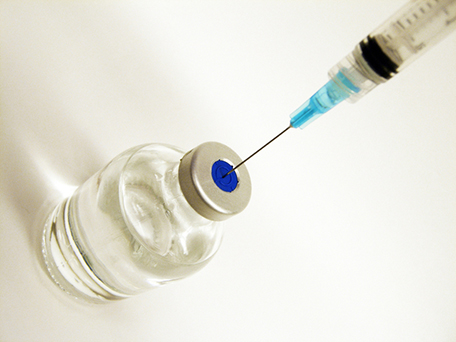The Arizona Department of Health Services has published information regarding side effects from the second dose of the COVID-19 vaccine. According to AZDHS it is more common to have an increased immune response (side effects/symptoms) after the 2nd dose of COVID-19 vaccine than the first since the body is responding to foreign material that it has already seen. It can be hard to tease out COVID-19 vaccine side effects from acute SARS-CoV-2 infection since both can produce systemic symptoms such as fever, chills, fatigue, headache, myalgia, and arthralgia.
The CDC has a Post Vaccine Considerations for Healthcare Personnel webpage that demonstrates the thought process of considering if a person is just having post-vaccination symptoms or if an infection should be considered.
Highlights include the following:
- About 55–83% of people develop at least one systemic symptom following vaccination.
- Most systemic post-vaccination signs and symptoms are mild to moderate in severity, occur within the first three days of vaccination (the day of vaccination and following two days, with most occurring the day after vaccination), resolve within 1-2 days of onset, and are more frequent and severe following the second dose and among younger persons compared to those who are older (>55 years).
- In contrast, cough, shortness of breath, rhinorrhea, sore throat, or loss of taste or smell are not consistent with post-vaccination symptoms, and instead may be symptoms of SARS-CoV-2 or another infection.
- If any of these latter symptoms occur after vaccination, SARS-CoV-2 should be considered and evaluated for.
- Also, if systemic symptoms persist longer than is usual after vaccination, another cause should be looked for.
- Ultimately, clinical judgement should be used to determine the likelihood of infection versus post-vaccination symptoms and the indicated clinical approach.









